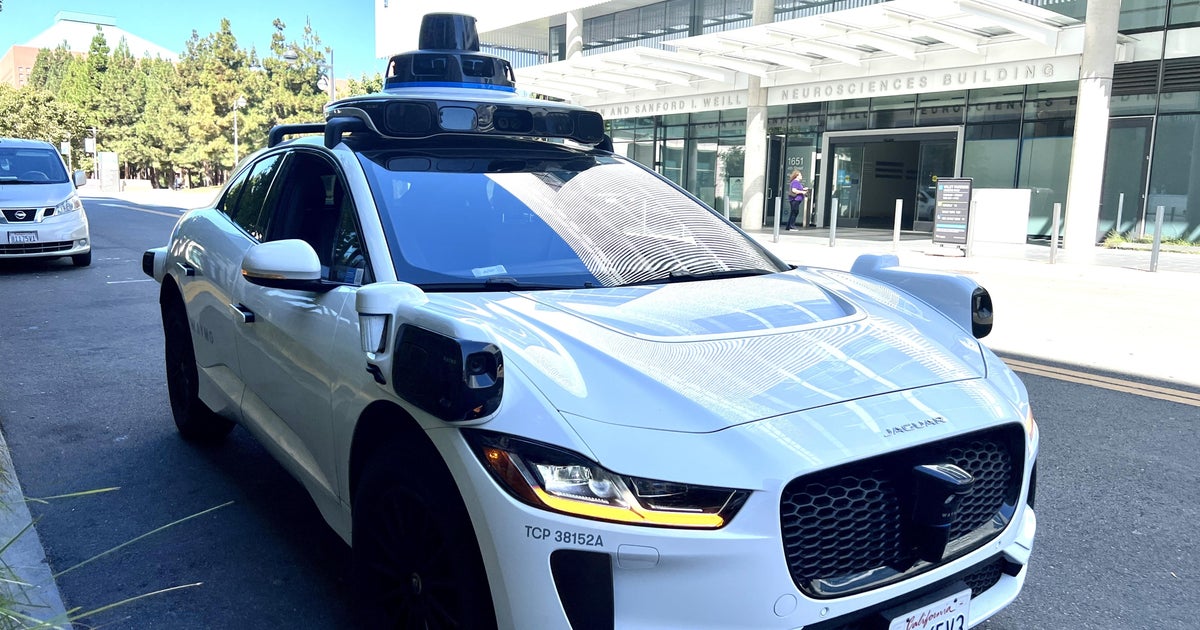Caltech finds heat disparity between low-income neighborhoods, affluent areas
While climate change afflicts the world on a global scale, a new study from Caltech finds that residents of low-income neighborhoods are bearing the brunt of the hotter temperatures.
"Raising awareness about the risks of heat waves, and acknowledging the unequal exposure across different socioeconomic groups, is increasingly important," said Jet Propulsion Lab scientist Christian Frankenberg. "Studies like ours can inform urban planning choices to promote environmental justice and increase the resilience of our cities as summers get warmer."
The analysis, conducted in Frankenberg's lab but led by Caltech researcher Yi Yin, used Los Angeles County as a case study because of its diverse cultural and socioeconomic backgrounds. Scientists looked at surface temperature data collected from a satellite instrument aboard the International Space Station. The university said that the instrument, dubbed ECOSTRESS, can identify temperatures down to individual city blocks.
"Initially, this started as a personal interest—I was looking for housing and observed that the lush, green areas were more expensive to live in," Yin says. "This inspired me to conduct the study with the detailed temperature data from the ECOSTRESS instrument and compare it with median household income data. The correlation was shockingly strong."
Researchers used the data, which was collected over the past four years, and discovered a correlation between areas that have higher incomes and cooler surface temperatures. The study claims that on a summer day, a lower-income neighborhood encounters temperatures 36 degrees higher than affluent areas.
Scientists found distance to the ocean played a limited role in cooler temperatures. In fact, they attributed the disparities to the lack of vegetation in lower-income neighborhoods compared to more affluent areas.
The study determined that more water was evaporated in richer neighborhoods because of the denser tree canopies present in the areas. This relates to cooler temperatures because the liquid turns into a gas and as that chemical reaction occurs the fumes carry heat away with it. They compared the effect to a person stepping out of a pool and getting chilly.
In addition to existing "cool roofs", Researchers recommended officials plant more trees in lower-income neighborhoods to address the heat disparities since trees will not only increase evaporation but also provide shade.
"Though it can be difficult to plant and maintain trees in dense urban environments, especially those with limited open space and water availability, trees produce shade and improve the quality of life for residents," Yin said.



